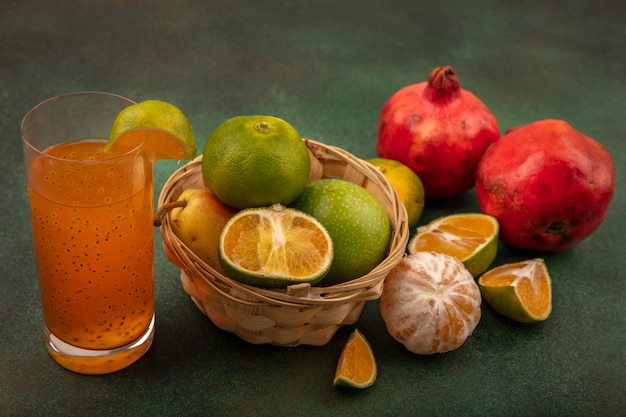Avocado oil, derived from the fruit of the Persea Americana, is incredibly versatile and finds use in both nutrition and cosmetics. Its rich composition, especially its acidic content, is quite similar to olive oil, lending it many beneficial properties.
Producing avocado oil involves extracting oil from the fruit’s pulp using either cold pressing or centrifugation. The process starts with cleaning, peeling, and pitting the avocados. Next, the fruit undergoes rough pressing with moist heat (around 75掳C). After pressing, the product is centrifuged to extract the oil, which is then refined to remove any impurities to make it consumer-ready.
Avocado oil is mainly used in two areas: culinary and cosmetic.
Avocado oil’s fatty acid composition is very similar to that of olive oil, containing 55-75% oleic acid, which gives it a high smoke point (255掳C). This makes it excellent for frying, as it resists rancidity. Rich in monounsaturated fats, avocado oil can help prevent cardiovascular diseases when used in moderation instead of animal fats or hydrogenated margarines. It also has moderate levels of saturated fats and contains beneficial components like palmitic acid, palmitoleic acid, linoleic acid, and alpha-linolenic acid.
A unique feature of avocado oil is its unsaponifiable fraction, which includes tocopherols (vitamin E), carotenoids (precursors of vitamin A), phytosterols, terpene alcohols, avocatins, and volatile acids. These components are more prevalent in cold-pressed virgin avocado oil, recognizable by its dark green color and rich texture. Refined avocado oil, lighter in color, lacks these nutrients.
Thanks to its rich unsaponifiable fraction and unique fatty acid composition, avocado oil is highly nourishing for the skin. It’s widely used in cosmetics for its nourishing, regenerating, and sebum-like properties, making it ideal for dry, rough, dehydrated, or eczema-prone skin. The oil’s functional substances stimulate dermal fibroblasts, promoting collagen production while inhibiting collagenase, the enzyme that breaks down collagen. This results in increased skin hydration and elasticity.
Avocado oil in cosmetics is especially useful for anti-wrinkle, anti-stretch mark, firming, and sun protection treatments. Its ability to normalize the skin’s hydrolipidic layer makes it invaluable for products aimed at restoring skin softness and hydration. Rich in monounsaturated fats and vitamins A, B, and D, avocado oil deeply hydrates even the driest of skin, making it popular in natural soaps and other skin care products.
Avocado oil is a favorite among DIY beauty enthusiasts for making nourishing facial and hair masks. It provides a natural, chemical-free alternative to many commercial products.
Avocado oil is commonly used to treat dry hair and scalp issues like dandruff and dermatitis. This treatment can be beneficial if done once or twice a week, depending on your hair鈥檚 condition.
Avocado oil is also an excellent substitute for commercial moisturizers. Regular use can improve skin elasticity, reduce fine lines, and soothe dry skin conditions like eczema and psoriasis.
Generally, avocado oil is well-tolerated in cosmetic use, although allergic reactions are possible for sensitive individuals. This potential also applies to its culinary use.
In conclusion, avocado oil is a multi-purpose elixir beneficial for both health and beauty. Its rich composition and versatile properties make it a valuable addition to your kitchen and skincare routine.







